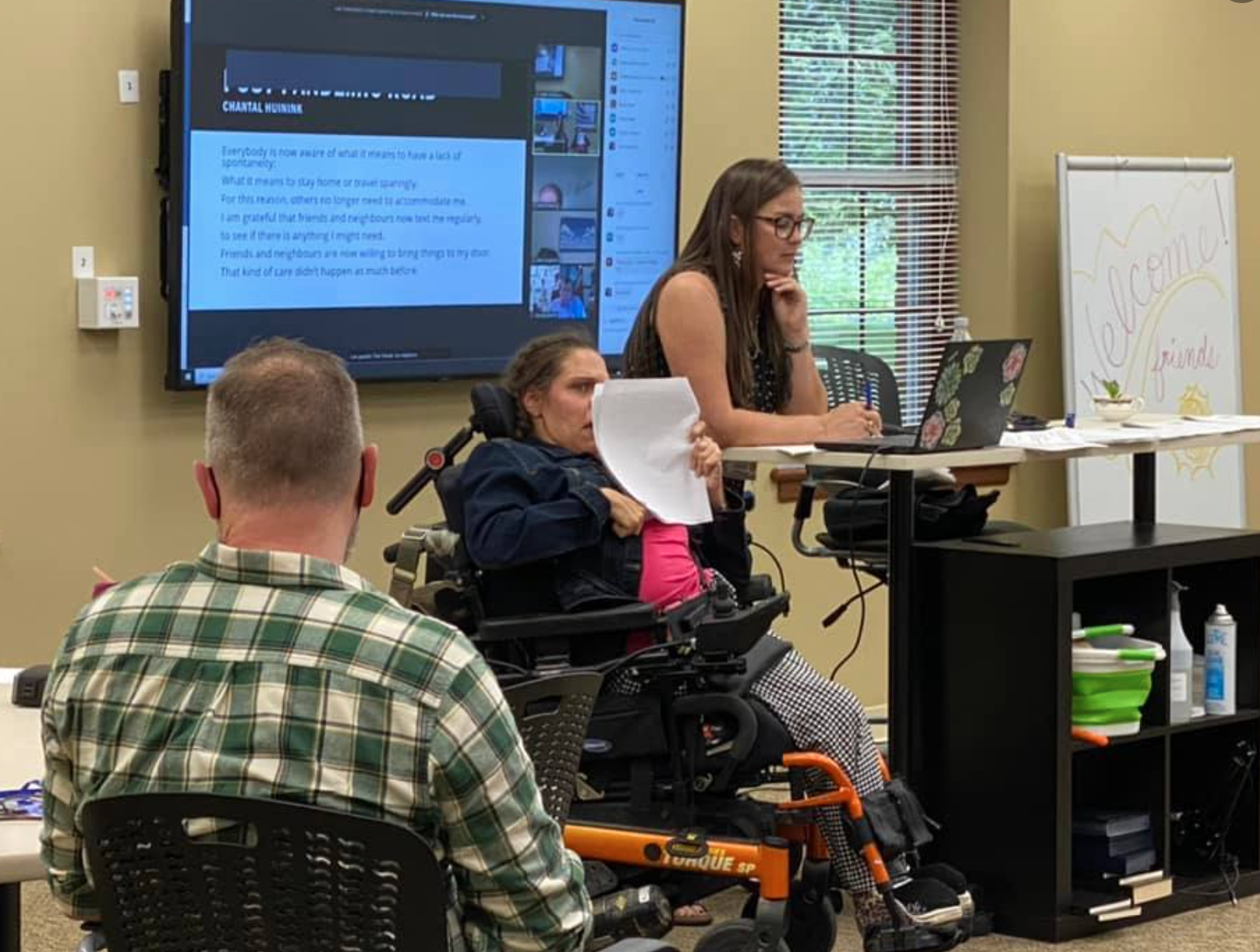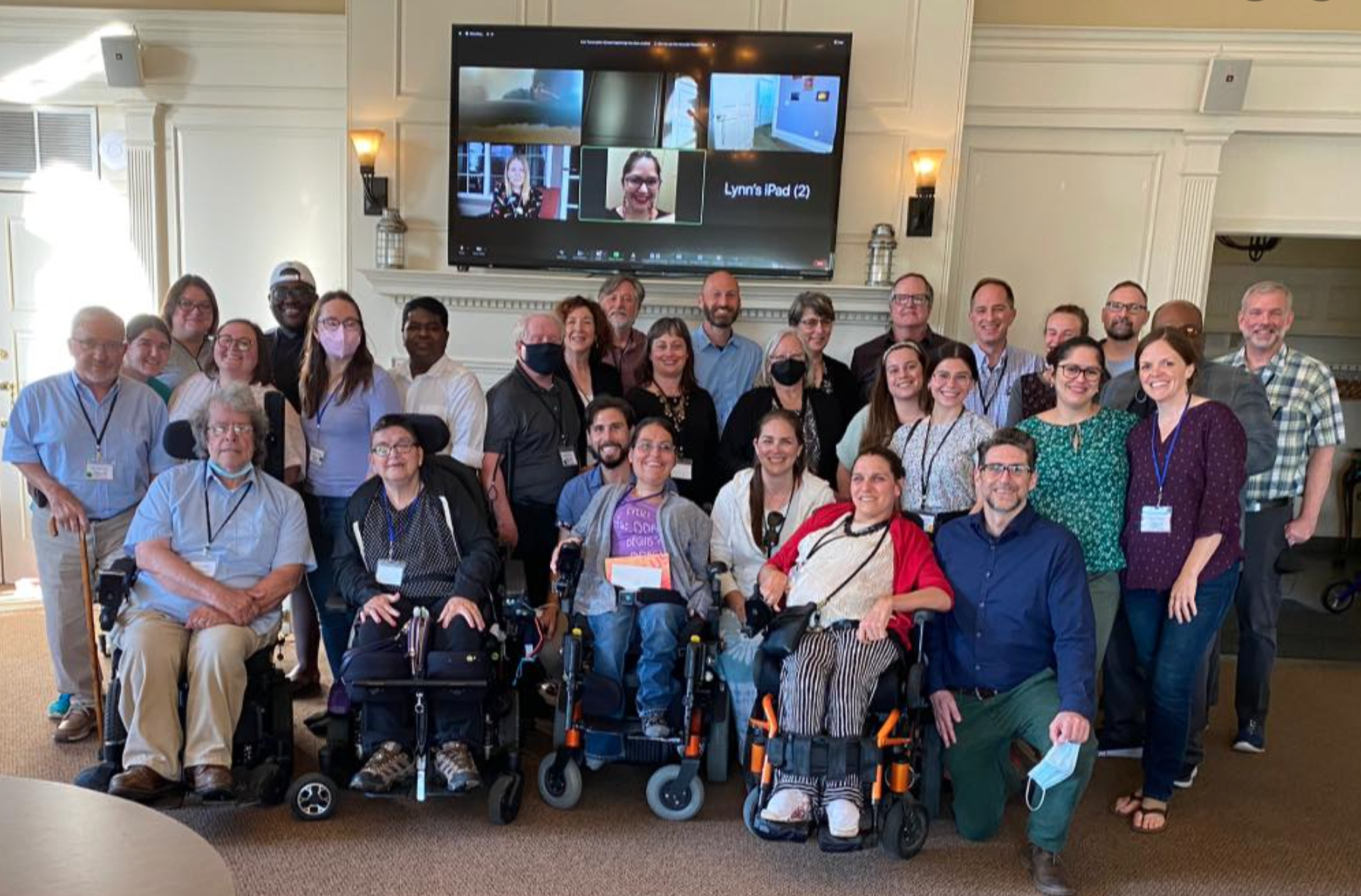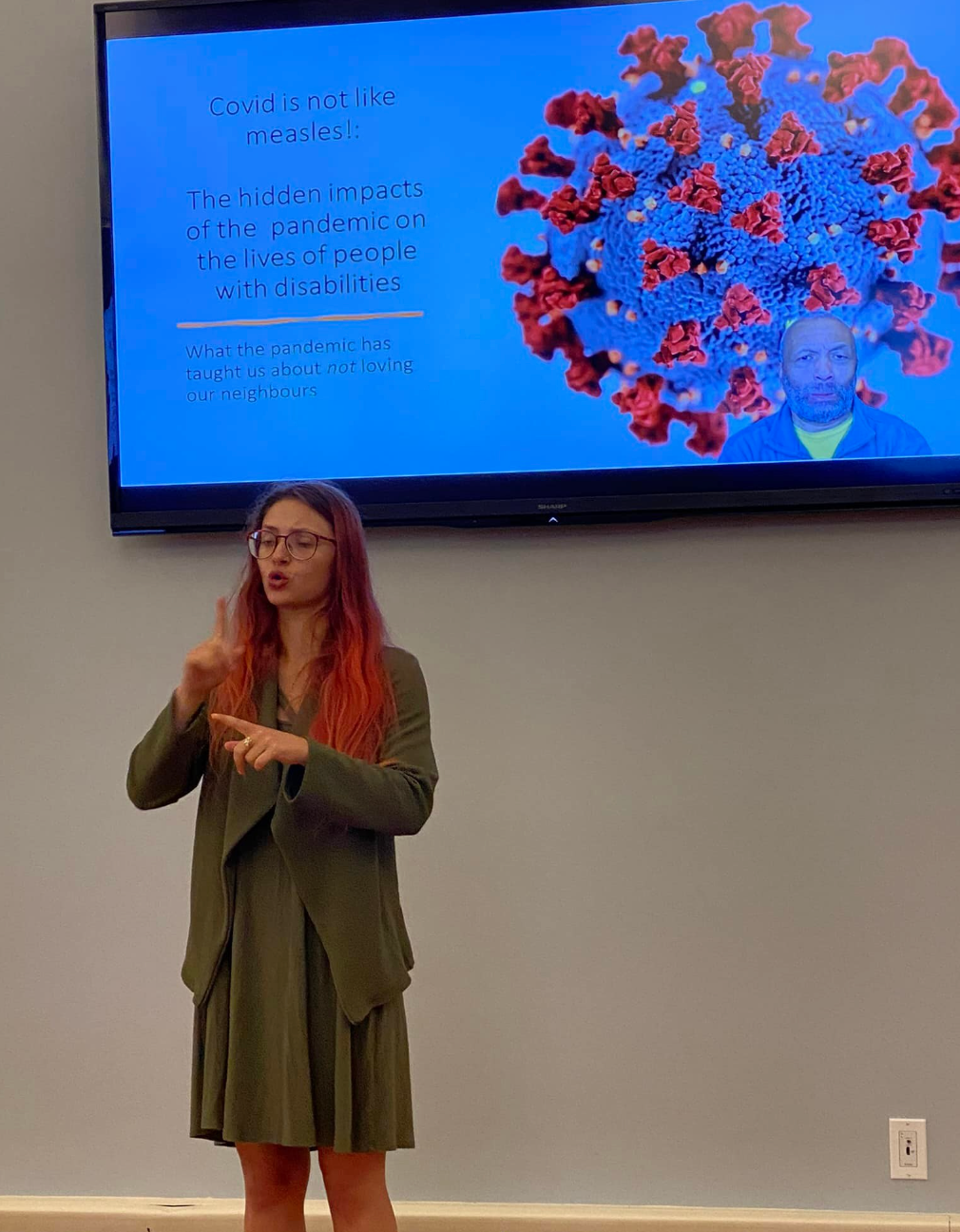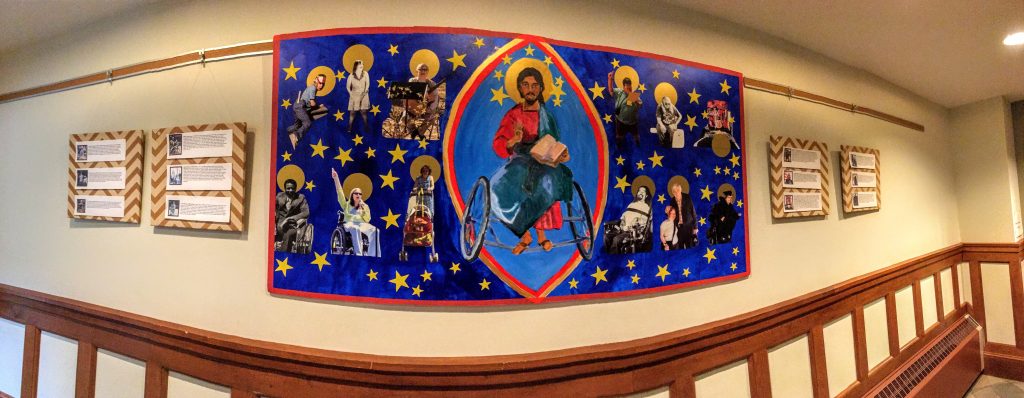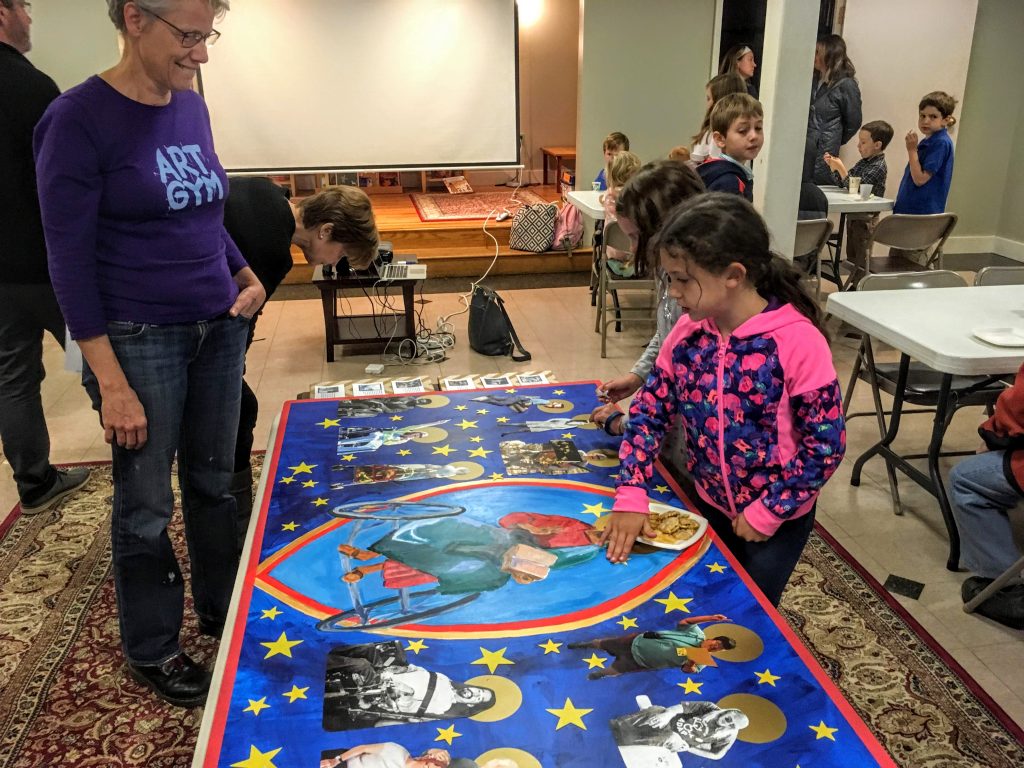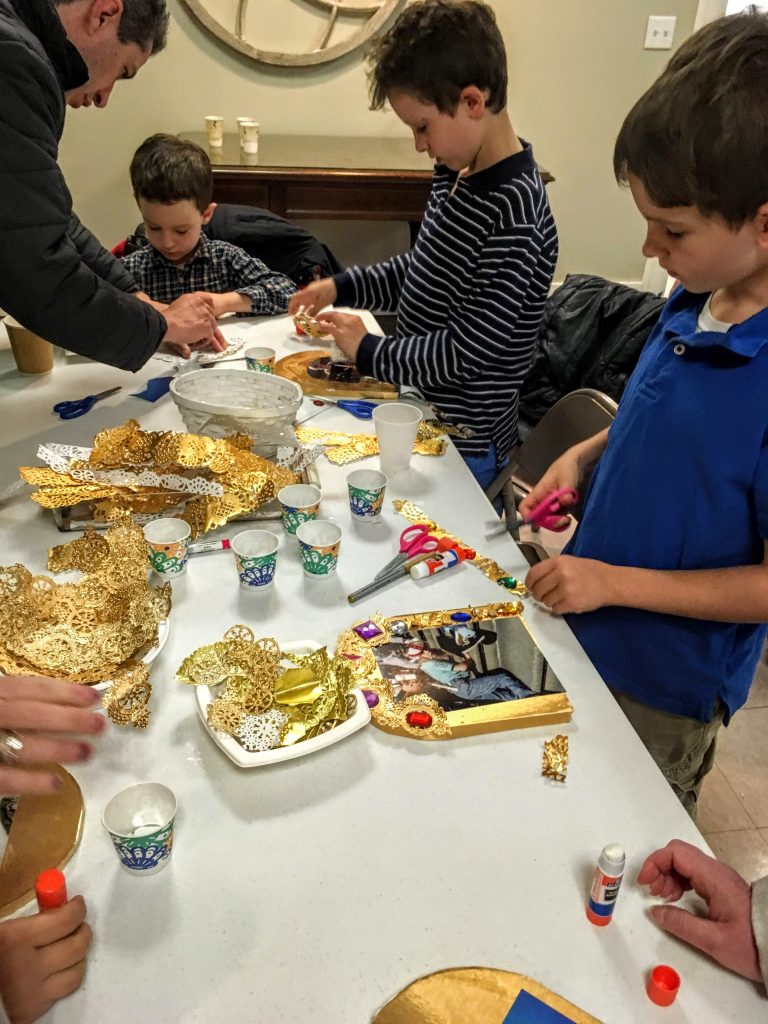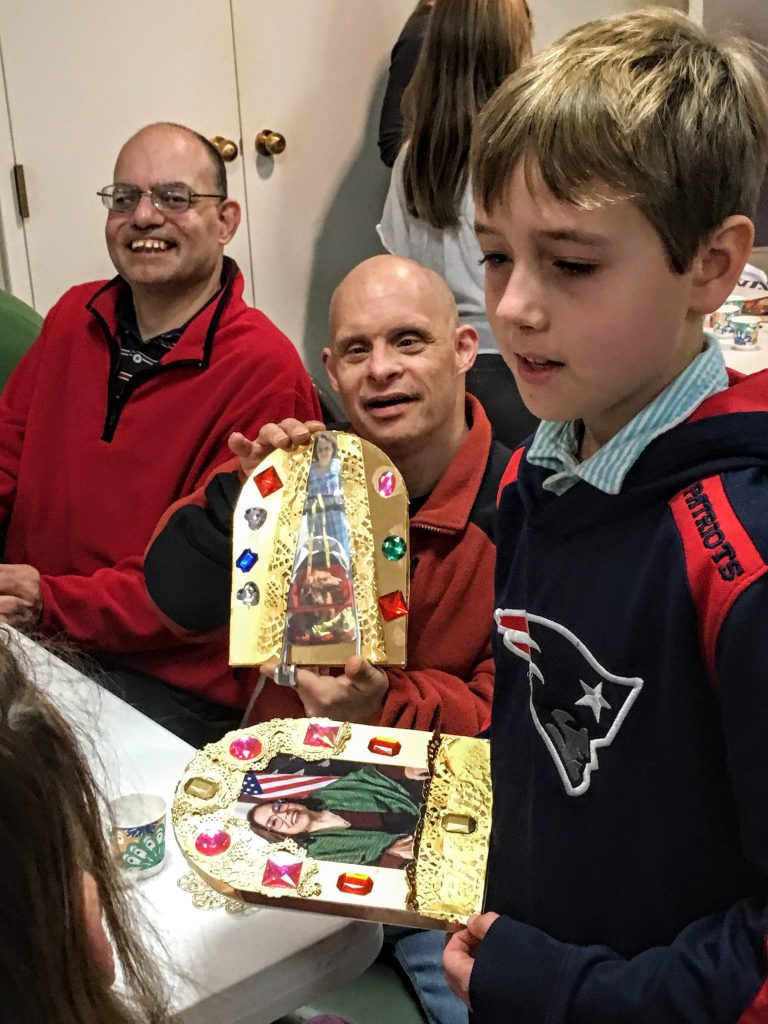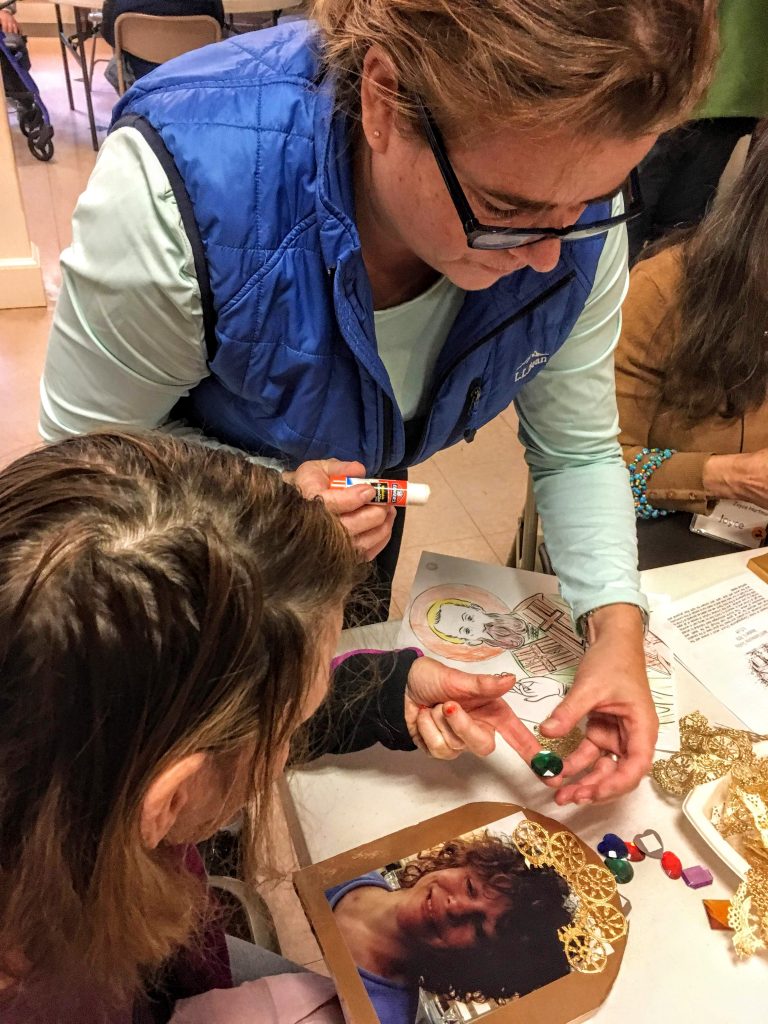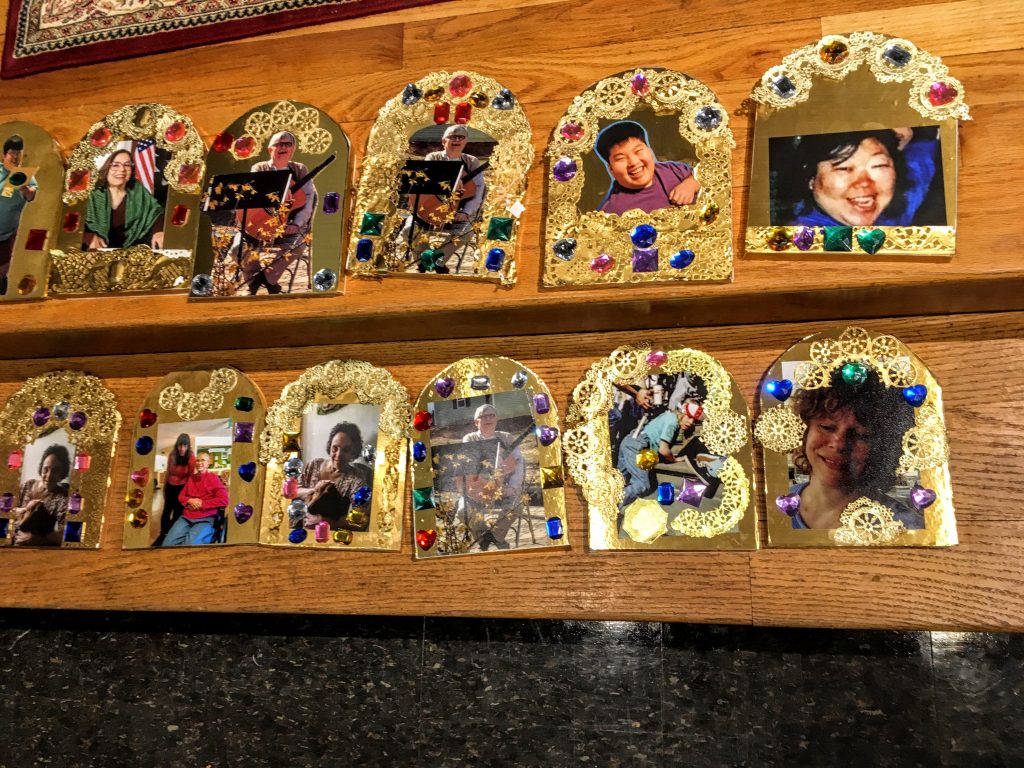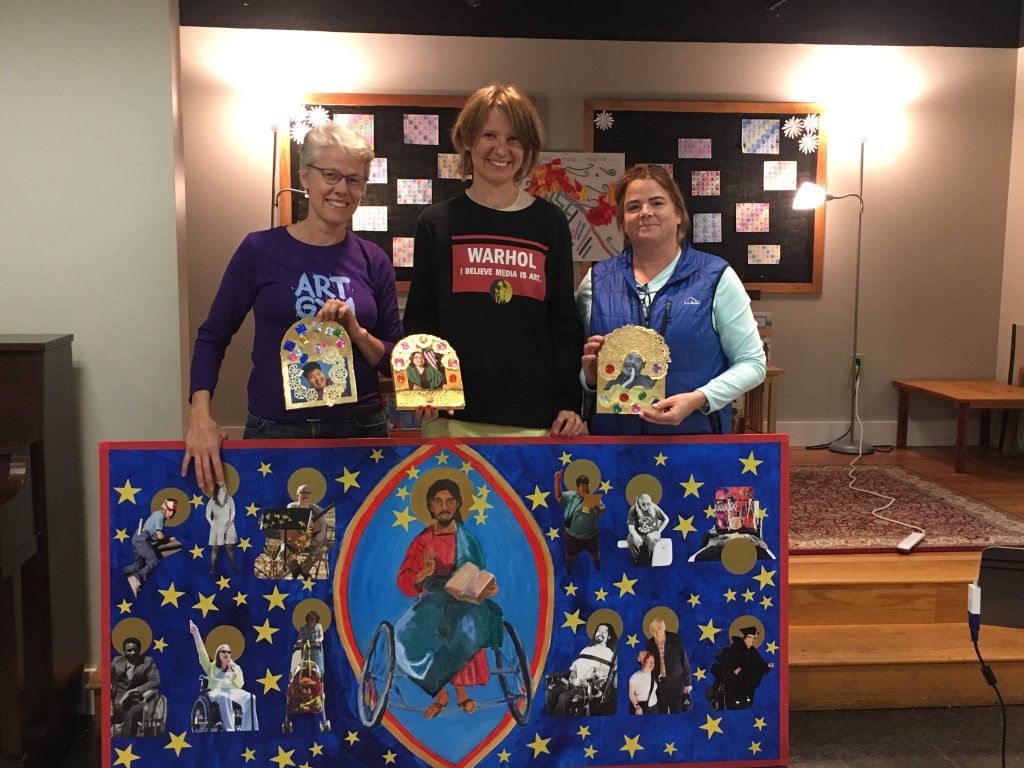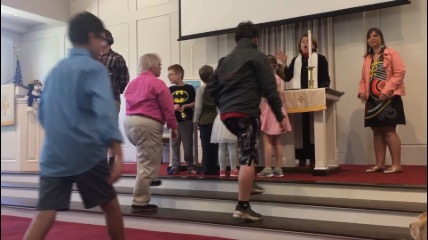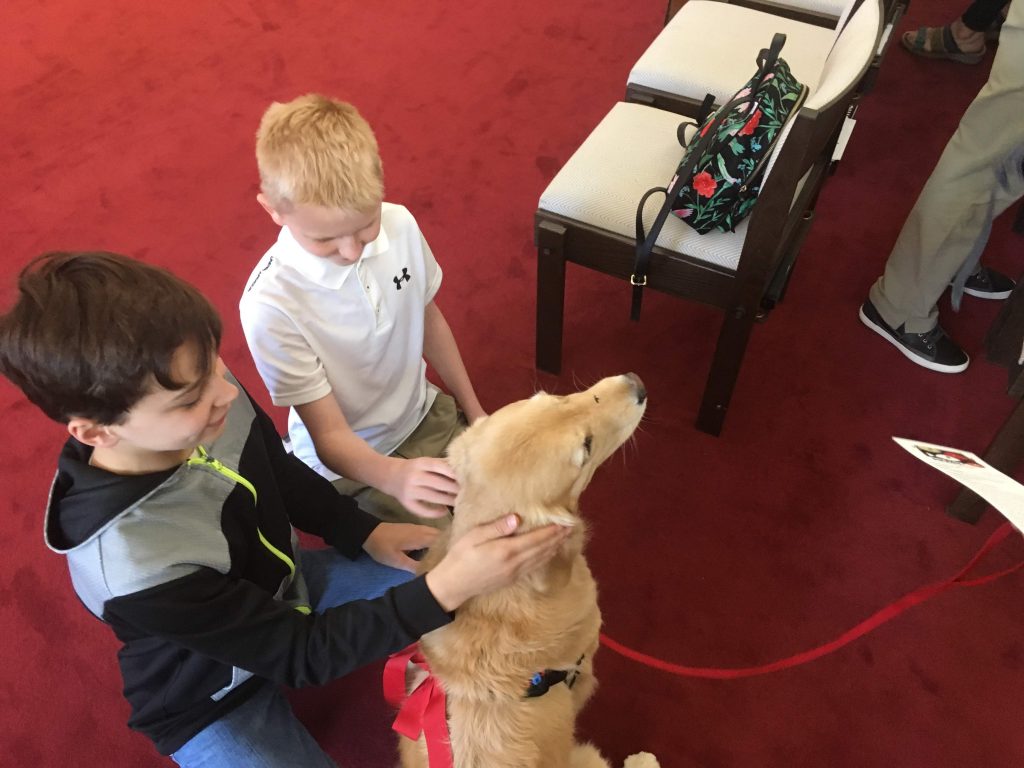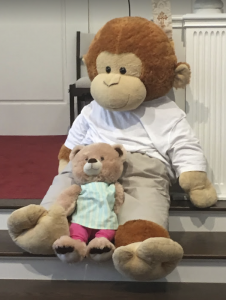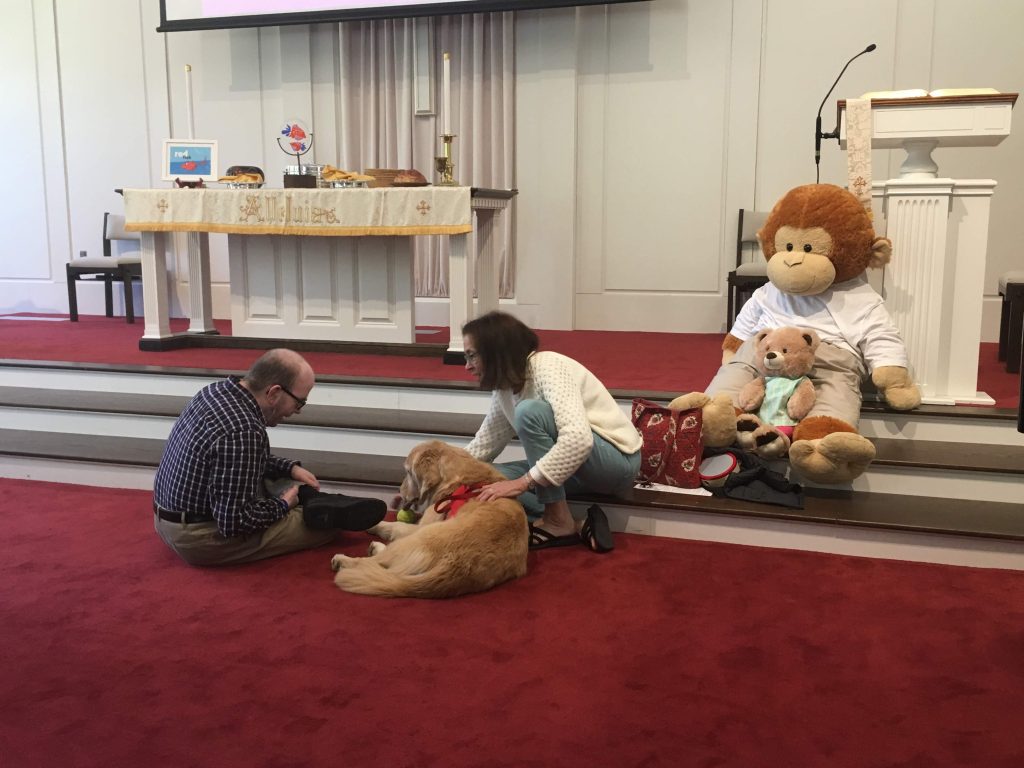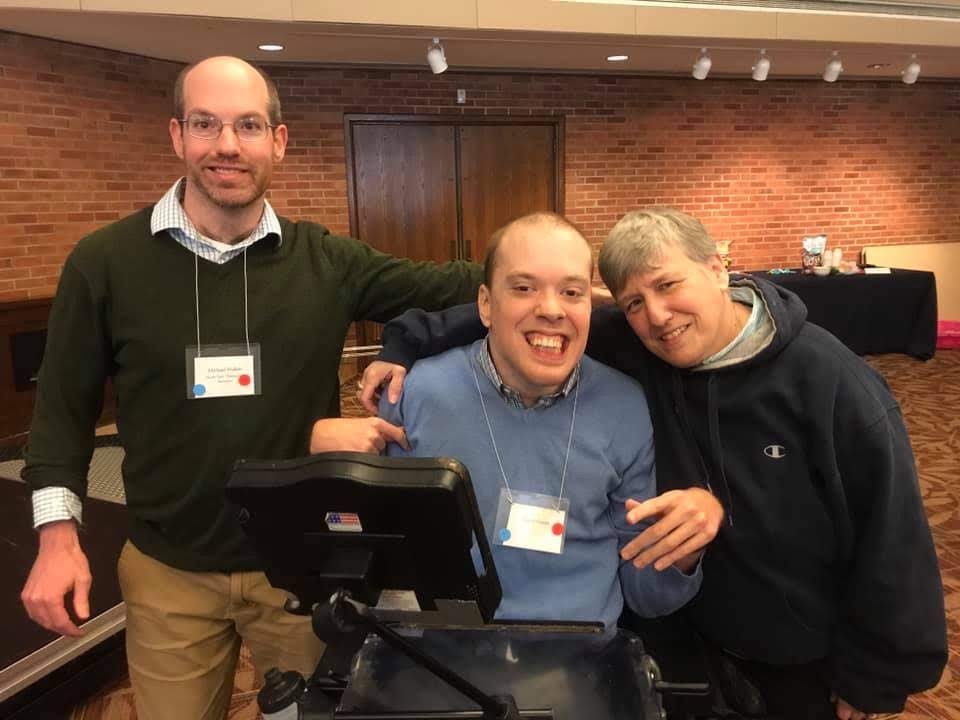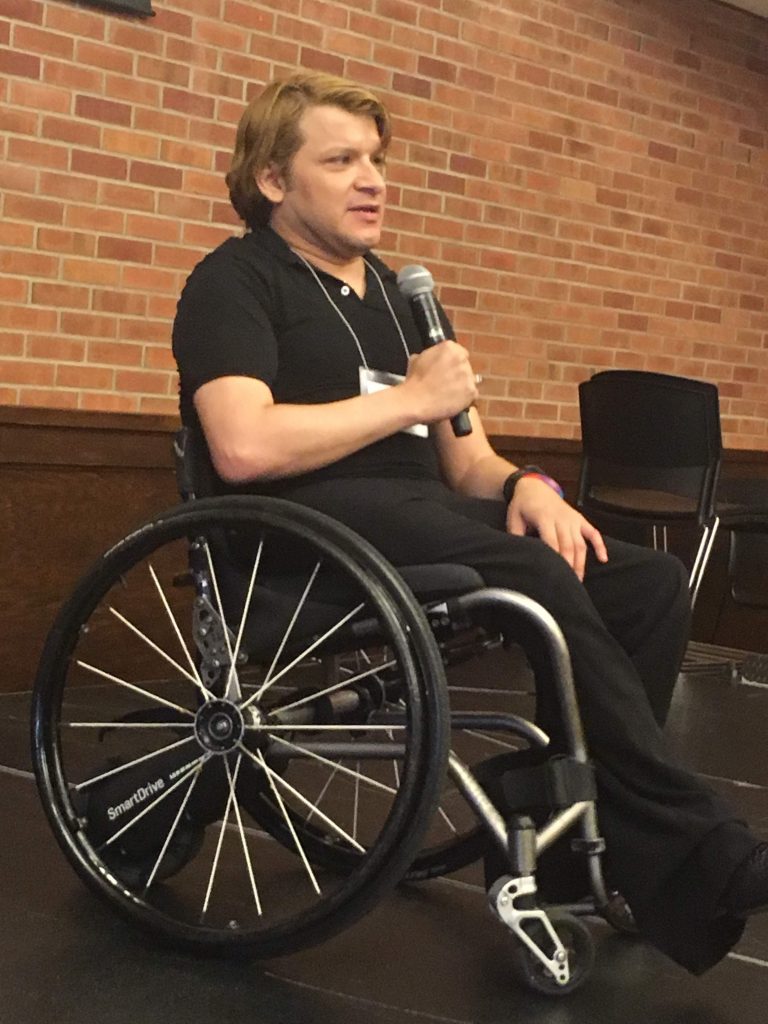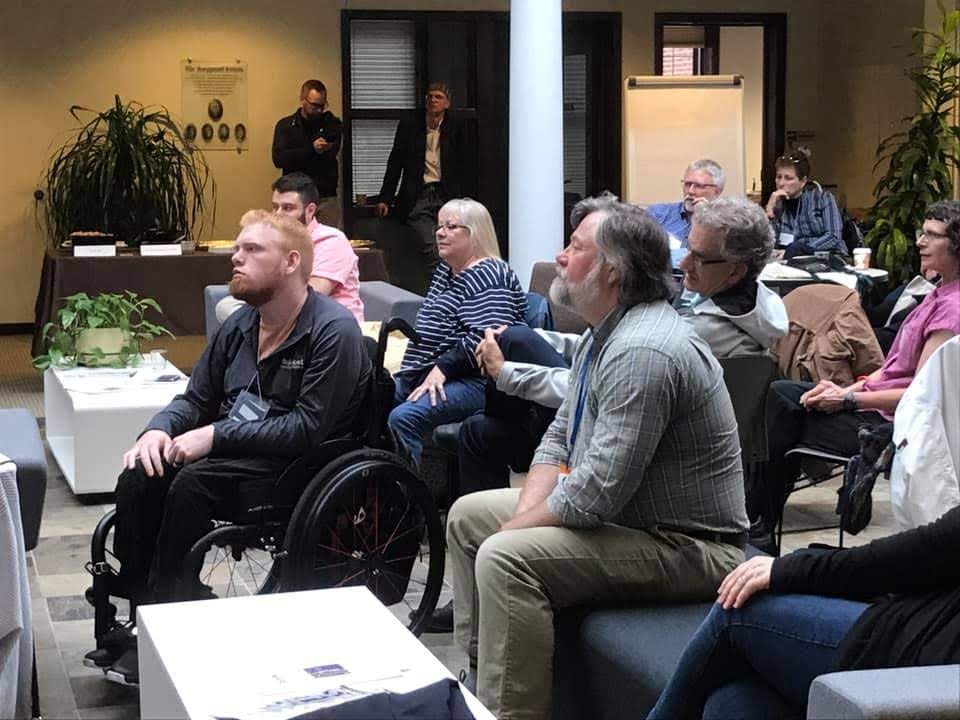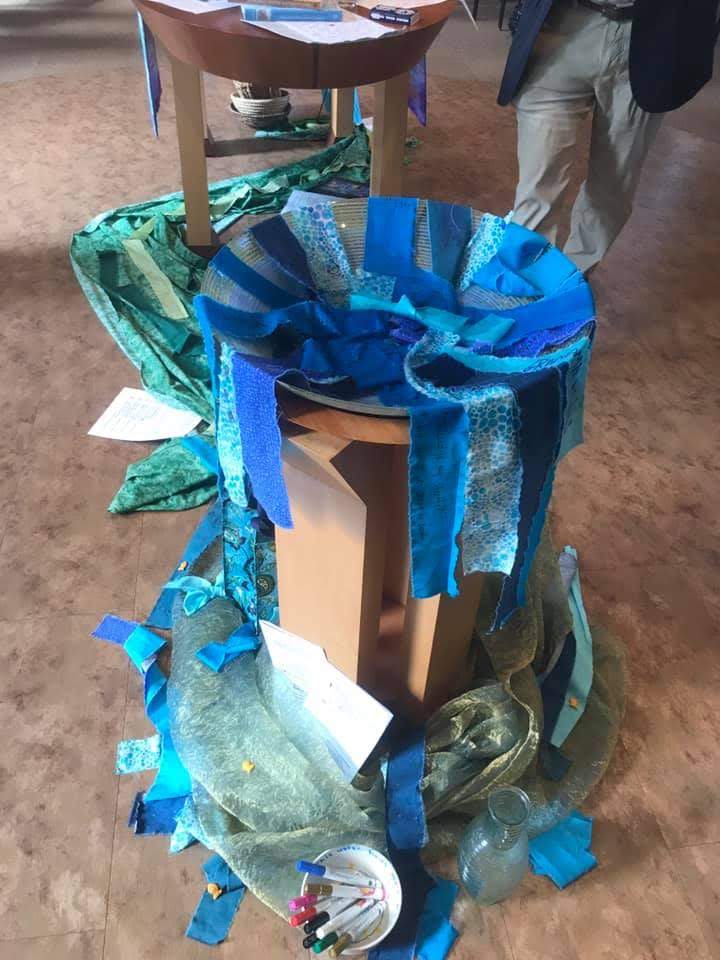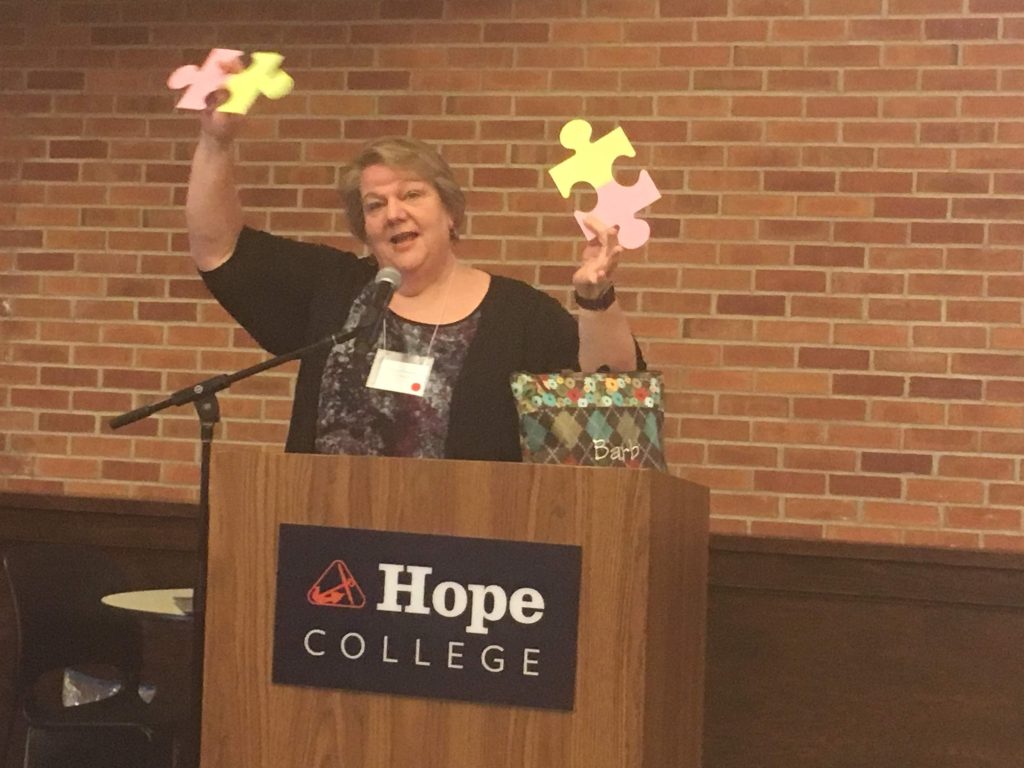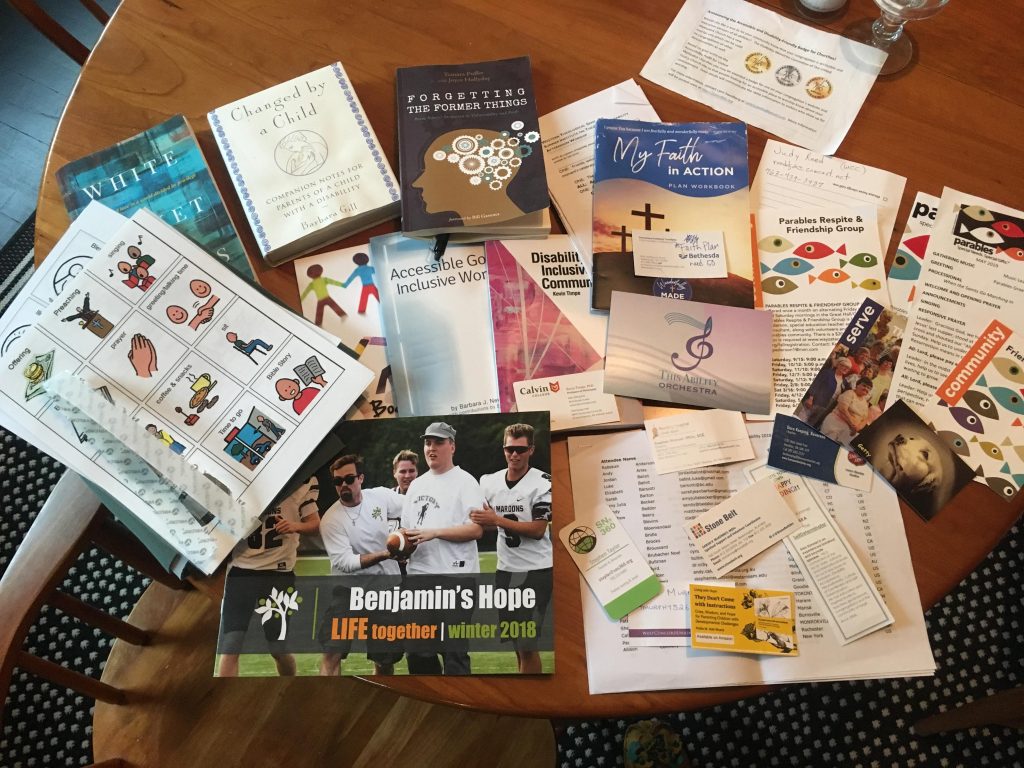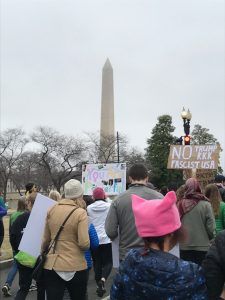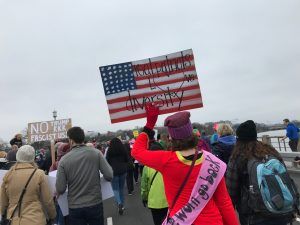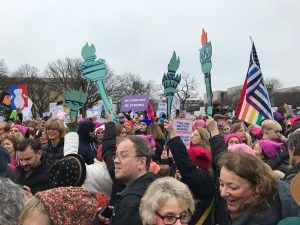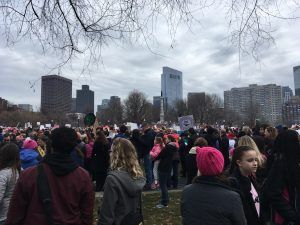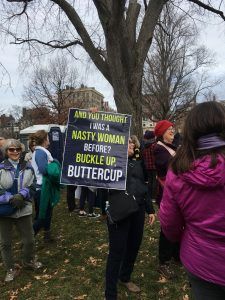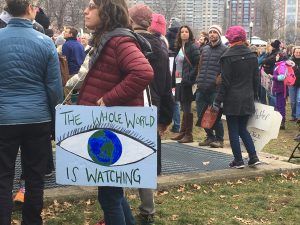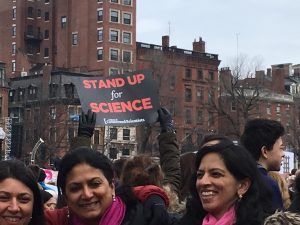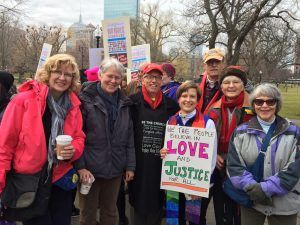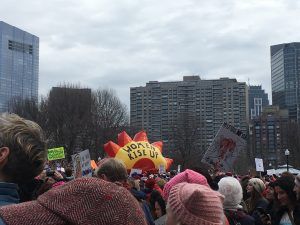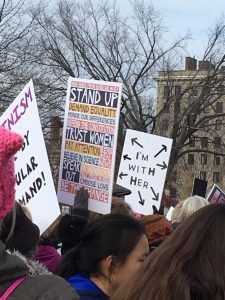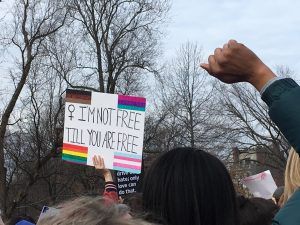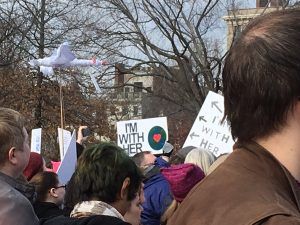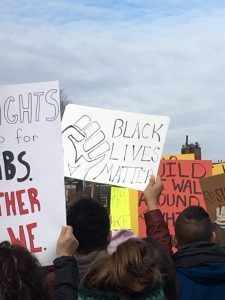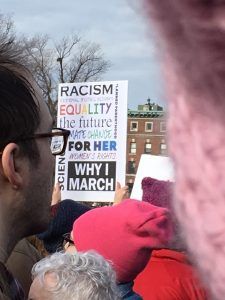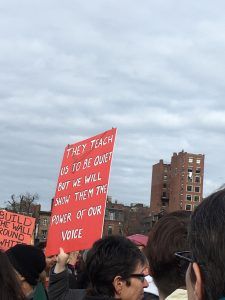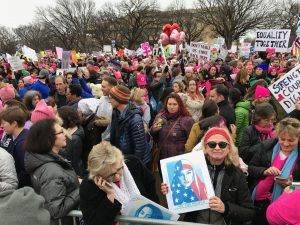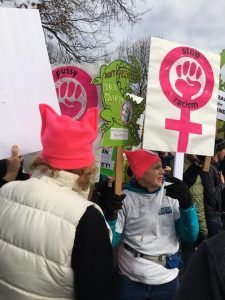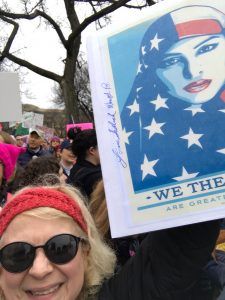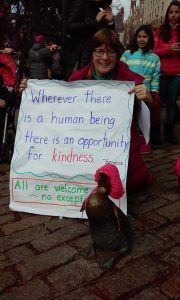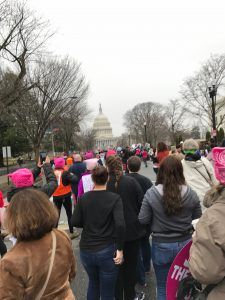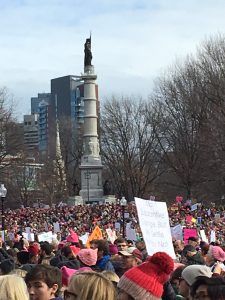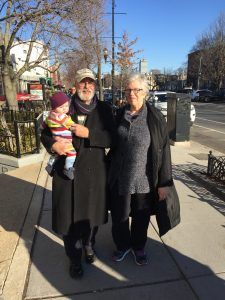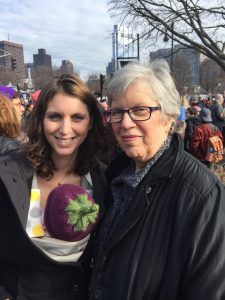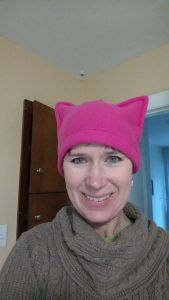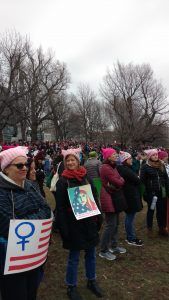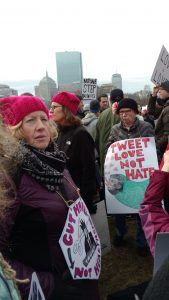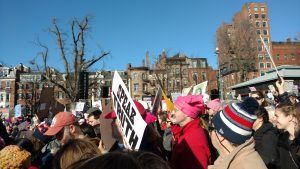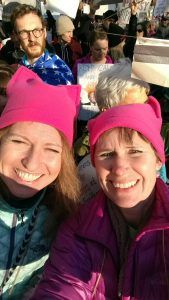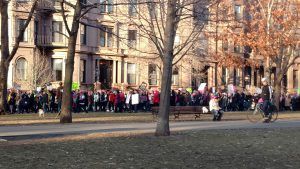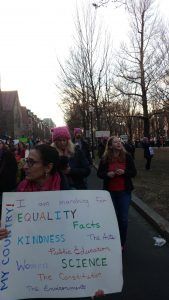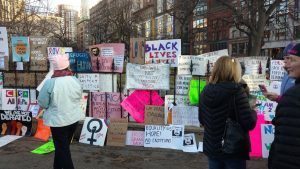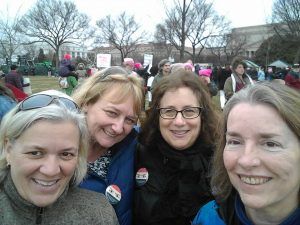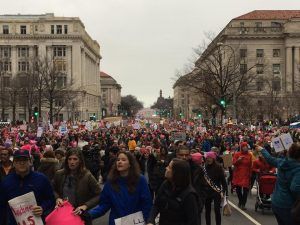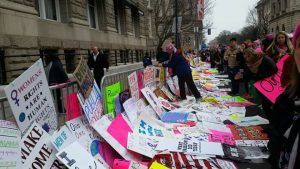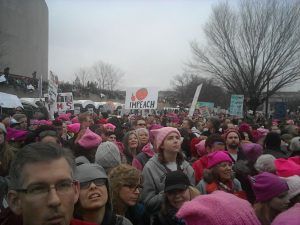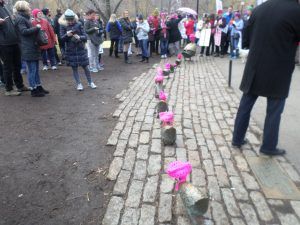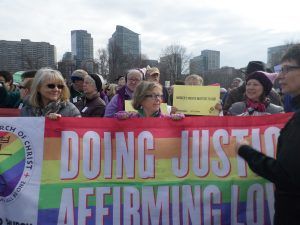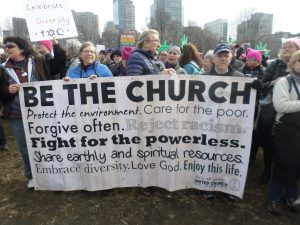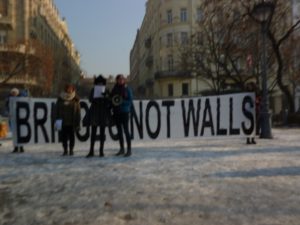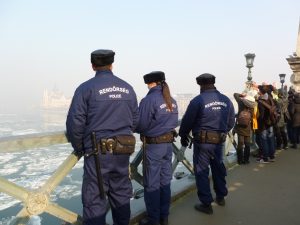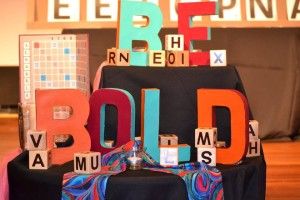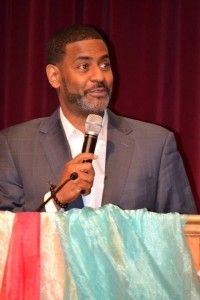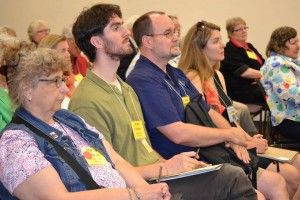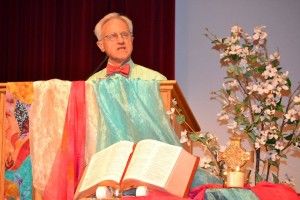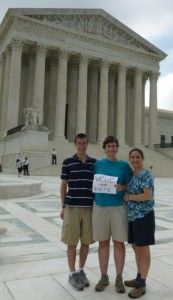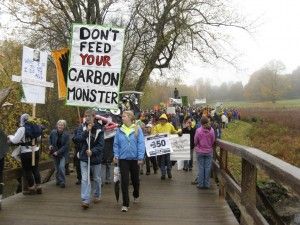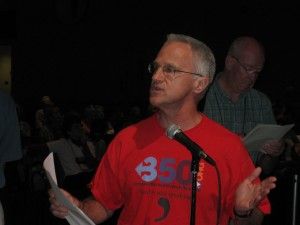In 2019, with the support of the Dennis Lin Fund, I attended the Institute of Theology and Disability for the first time. I went with high hopes that learning from world-class scholars in the theology of disability and meeting my fellow practitioners of inclusive ministry would transform my thinking and my ministry. My expectations were more than met and I have spent the past three years integrating the knowledge, relationships, resources into my work. All of this is to say that the bar was set pretty high when I had the opportunity to attend the 2022 Institute in early June.
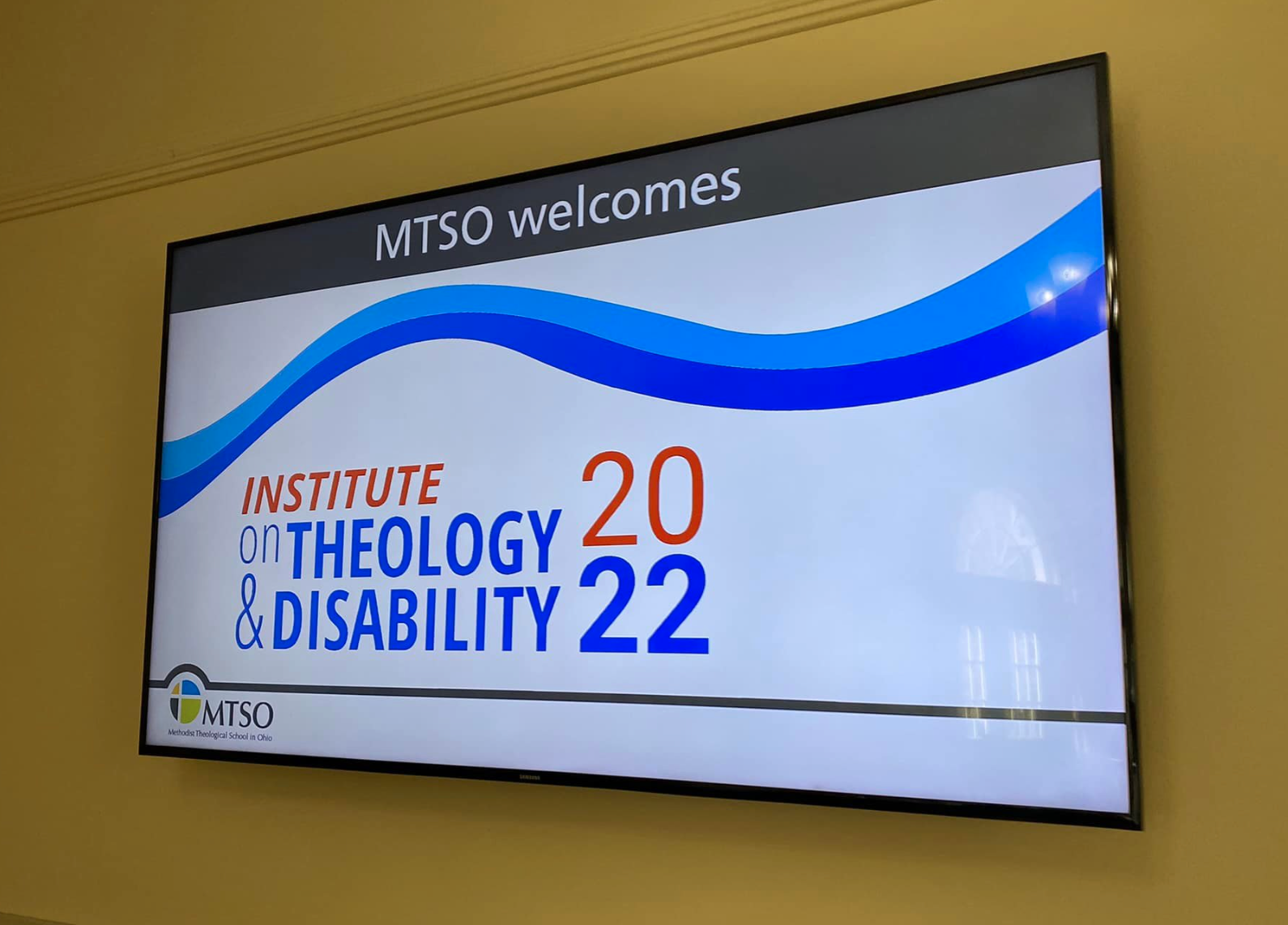
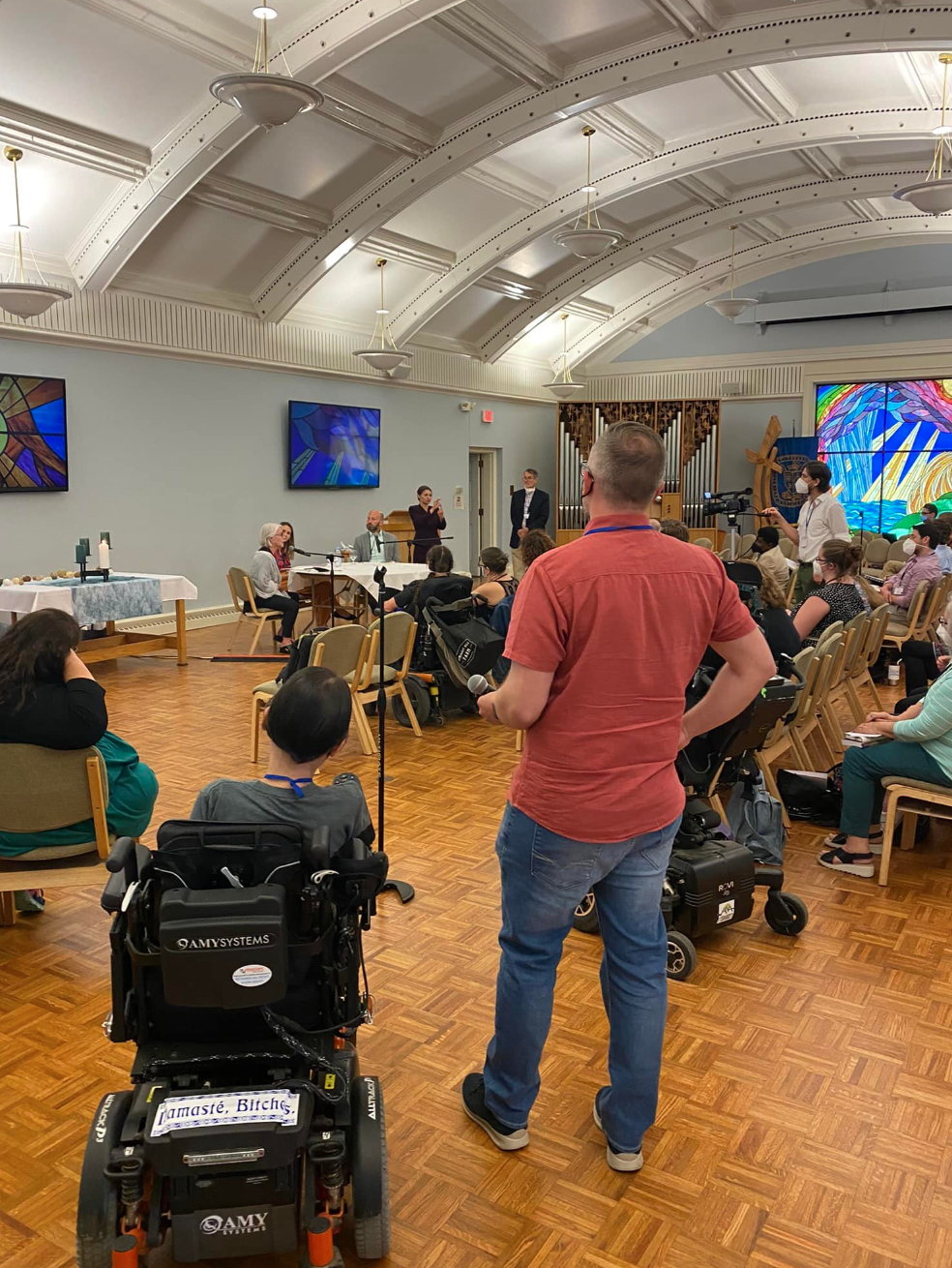
My experience this time was quite different but equally transformative. There were fewer people attending on-site but the speakers and worship leaders were more diverse this year. One of my favorite lectures was “Not Your Ritual Object: A Disabled Perspective in Inclusive Liturgy, Ritual and Spiritual Arts”, a talk by Rabbi Ruti Regan on the challenges of creating successful inclusive rituals. By describing common pitfalls like modifying received religious rituals so much that they lose their emotional impact for the community and become something to merely tolerate, Rabbi Ruti showed how some attempts at inclusive ritual can actually subvert the goal of integration and inclusion of people with disabilities. She underscored the importance creating liturgy that does not define people with disabilities solely by their needs or use disability as a spiritual metaphor but recognizes the experiences of people with disabilities as meaningful in and of themselves. Rabbi Ruti encouraged us to look carefully at the stories and practices that already exist within our religious traditions to find the places that lend themselves to inclusion such as the Jewish practice of repeated prayer bows and readings or the emphasis on divine embodiment during Advent in the Christian tradition. I could go on about the many insightful points made by Rabbi Ruti but I won’t for now.
Another thought-provoking lecture was “COVID-19 is Not Like the Measles: The Hidden Impacts of the Pandemic on the Lives of People with Disabilities” by John Swinton. His described the scarcity mindset many people and governments fell victim to during the pandemic, including those of us whose worldview is supposedly shaped by faith in a God who breaks down barriers and encourages love of neighbor. He pointed to hoarding behavior, the unequal distribution of vaccinations and the inflammation of xenophobic prejudice. At the same time, he also pointed to a heightened awareness of the human need for companionship and community and the increased access online platforms have provided for people with disabilities. He charged communities of faith to lead the way in prophetically reimagining the world helping communities to develop practices that encourage greater relational consciousness and remembering the marginalized.
That’s probably enough detail for now! If you’re interested other incredibly meaningful lectures and talks I attended were:
Beyond Saints and Superheroes: A Phenomenological Study of Spiritual Care Needs of Parents Raising Children with Disabilities by Laura MacGregor, Allen Jorgenson, Kayko Dreidger Hesslein and Roz Vincent Haven
Disability Ethics and Theology: A Symposium by Rosemaries Garland-Thompson, Brian Brock, Devan Stahl and Bill Gaventa
Grief, Loss and End of Life Issues with People with Intellectual and Developmental Disabilities by Bill Gaventa
LGBTQ Inclusion in Disability Work: A Conversation for Community and Allies by Allison Connelly Vetter and Rebekah Dyer
Rejoicing Through a Communion of Vulnerabilities by Adanna James
The Intersections of Black Liberation Theology and Disability Justice by Rev. Harold “Russell” Ewell II
Two Steps Forward, One Step Back: Continued Faith Engagement of People with I/DD After COVID-19 by Jasmine Duckworth and Chantal Hardwick
